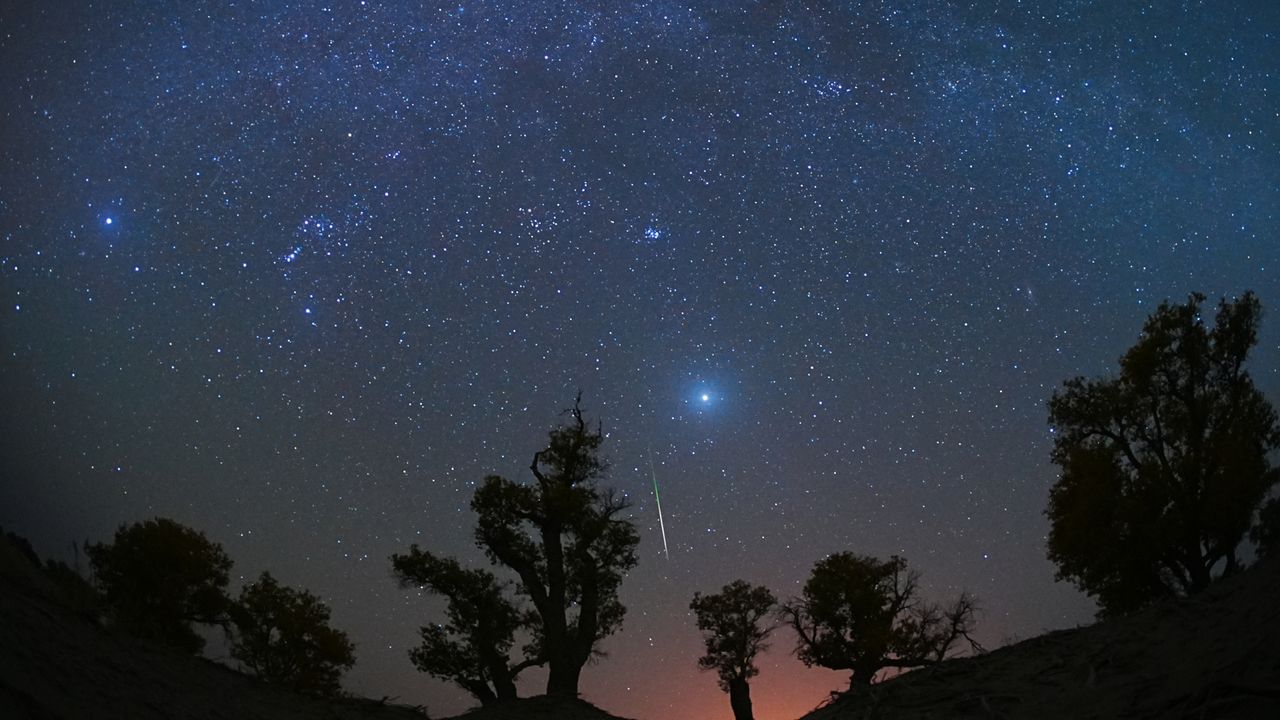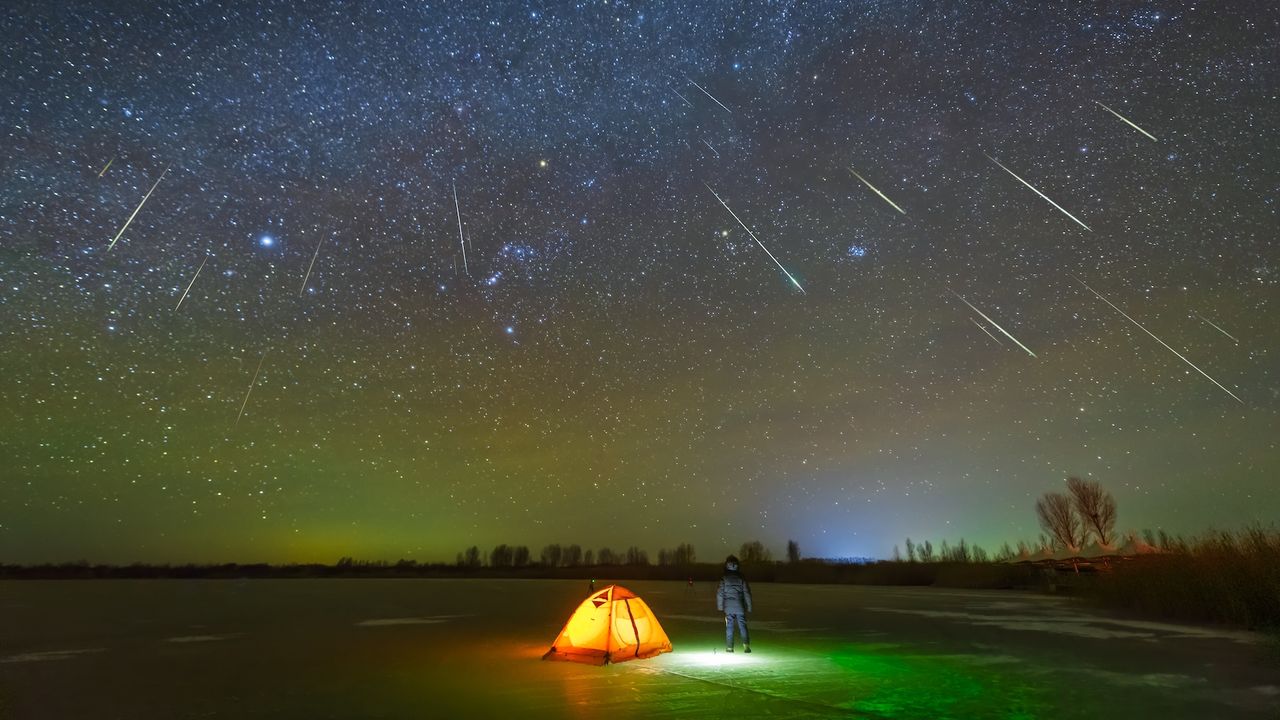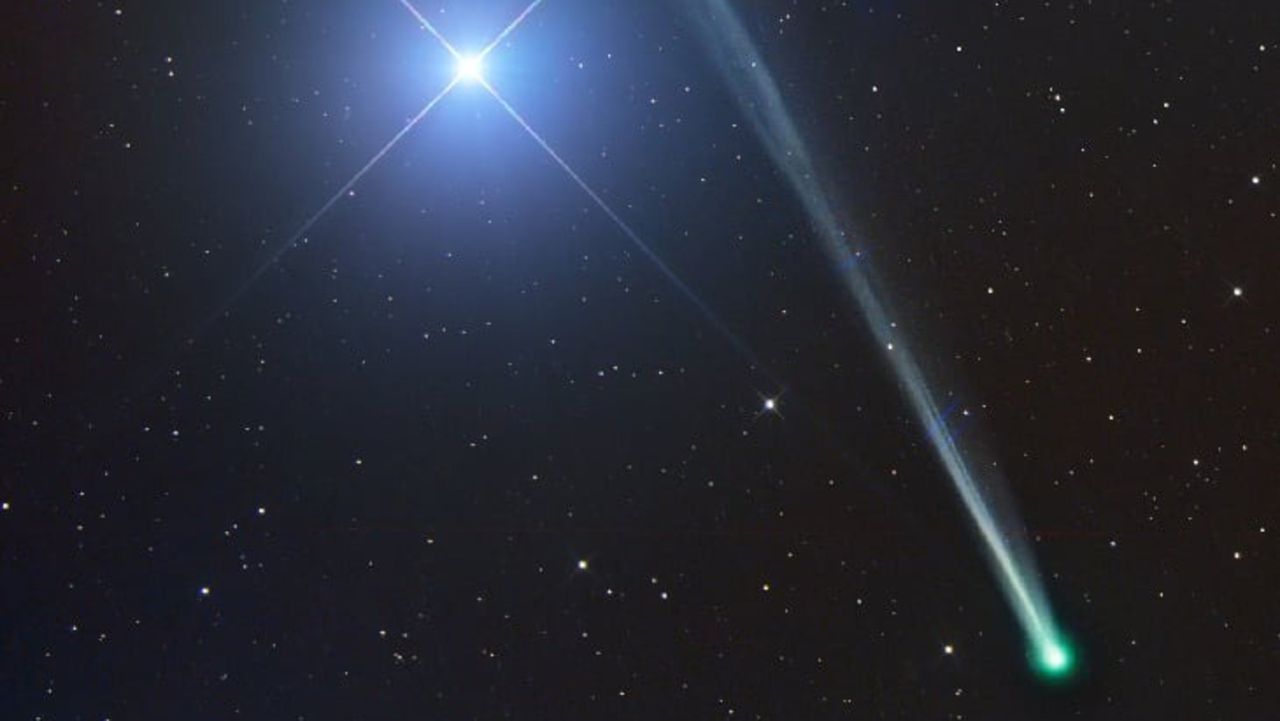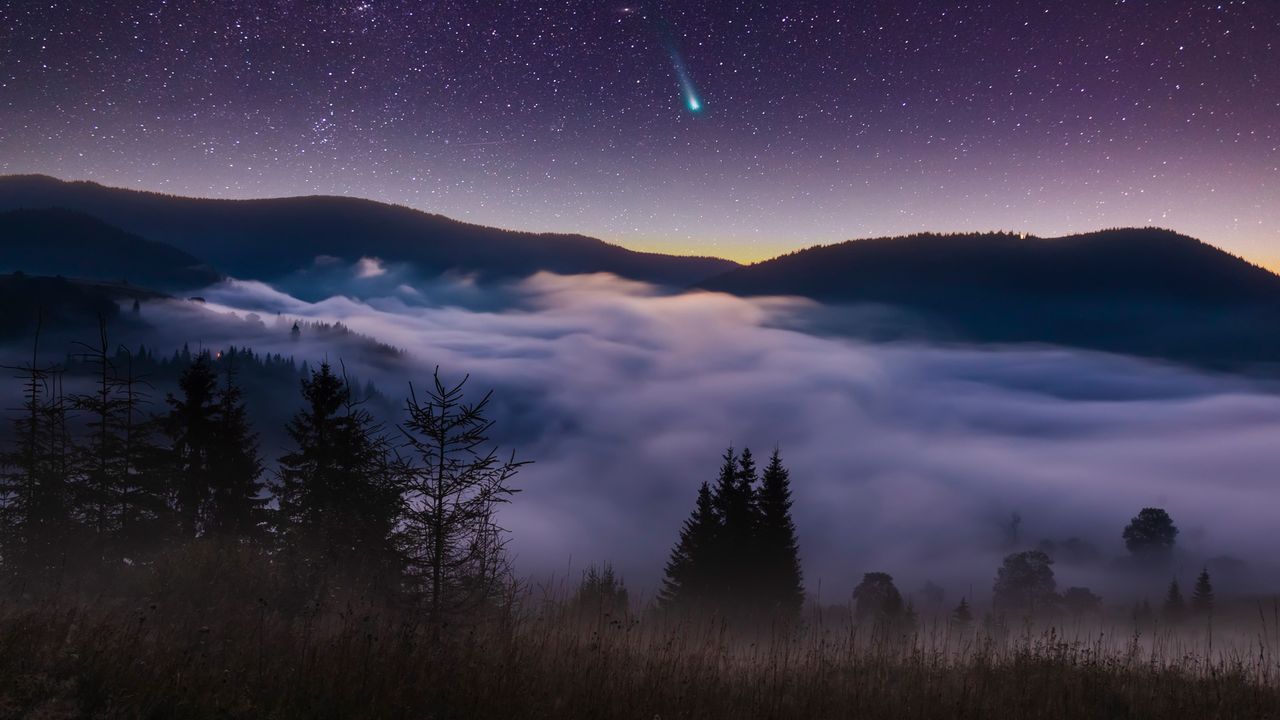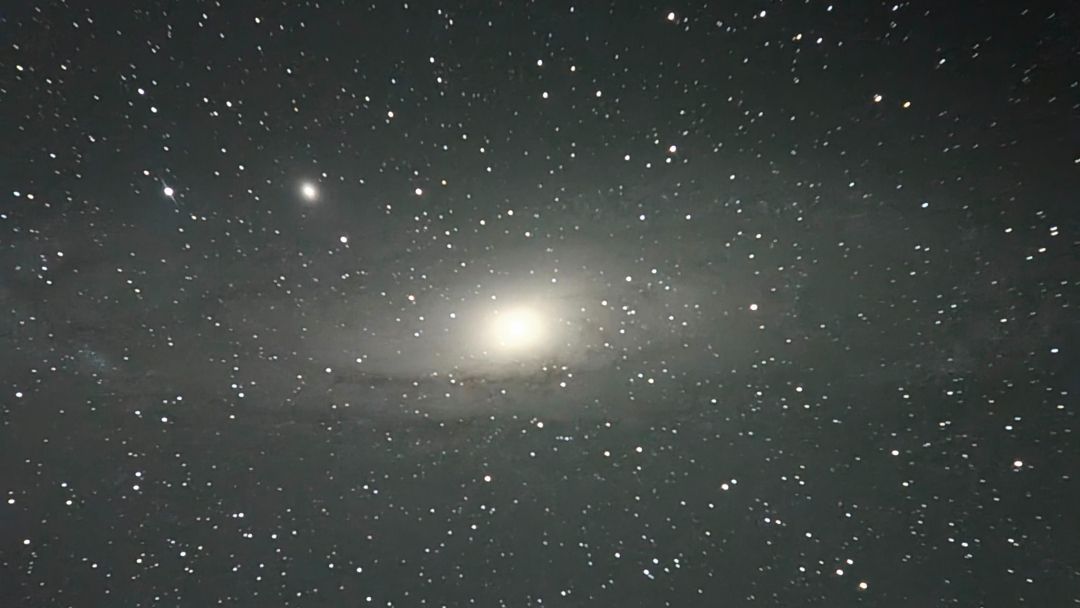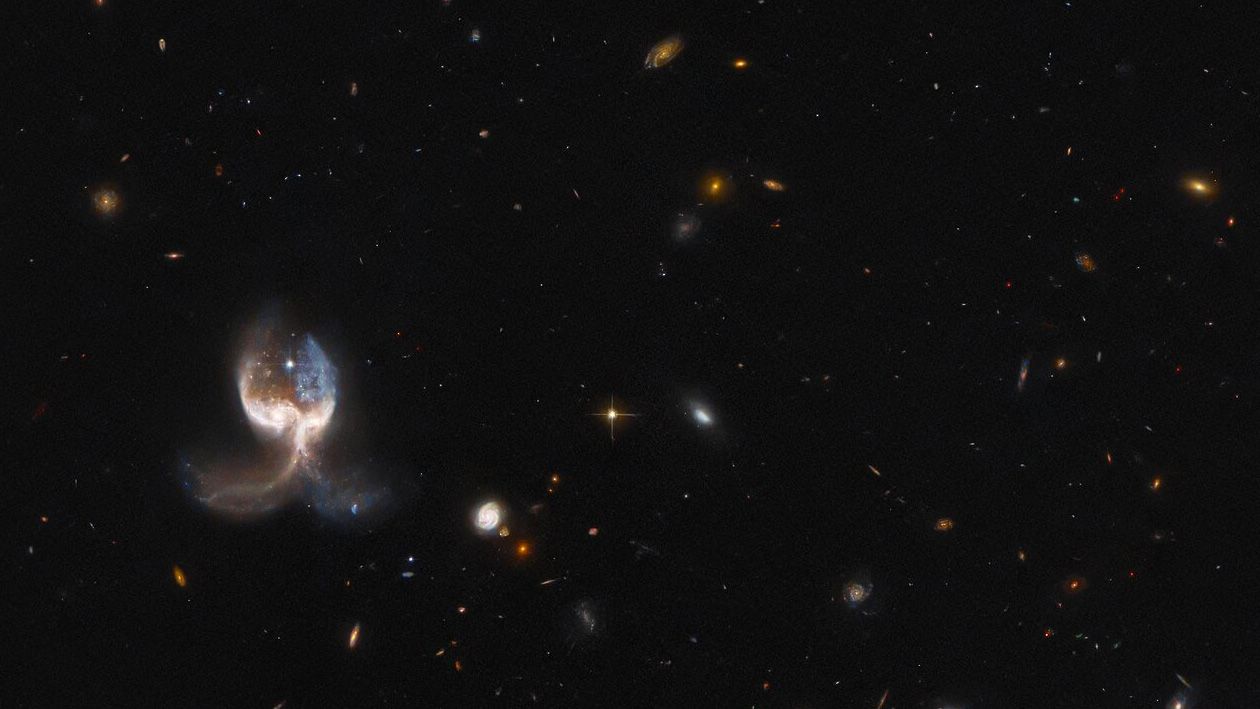How to See Comet Lemmon and the Orionids Meteor Shower Peak
PositiveScience
Get ready for an exciting astronomical event as Comet Lemmon approaches Earth on October 21, making it visible to the naked eye. This is a fantastic opportunity for stargazers and astronomy enthusiasts to witness the beauty of the cosmos. Additionally, the Orionids meteor shower will peak around the same time, offering a double treat for those looking up at the night sky. These events remind us of the wonders of our universe and provide a chance to connect with nature.
— Curated by the World Pulse Now AI Editorial System
